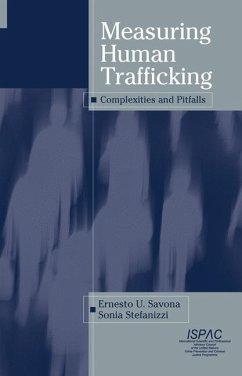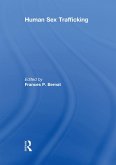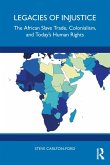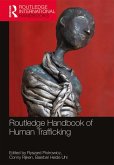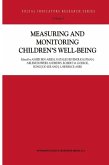- Trafficking in the world context: A crime against humanity
- Toward clear common definitions of trafficking phenomena
- Guidelines for improving research and data collection
- An in-depth review of quantitative approaches to estimating trafficking throughout the EU countries
- An extended case study illustrating common dilemmas in qualitative research on trafficking
- How trafficking works: a criminal-network perspective
Measuring Human Trafficking needs to be read by scholars, professionals, and policymakers in the criminology and human rights fields. The ideas in this important volume can serve to improve the global knowledge base, strengthen coordination between agencies, and develop more effective solutions for combating this most pressing moral issue.
Dieser Download kann aus rechtlichen Gründen nur mit Rechnungsadresse in A, B, BG, CY, CZ, D, DK, EW, E, FIN, F, GR, HR, H, IRL, I, LT, L, LR, M, NL, PL, P, R, S, SLO, SK ausgeliefert werden.
Hinweis: Dieser Artikel kann nur an eine deutsche Lieferadresse ausgeliefert werden.

